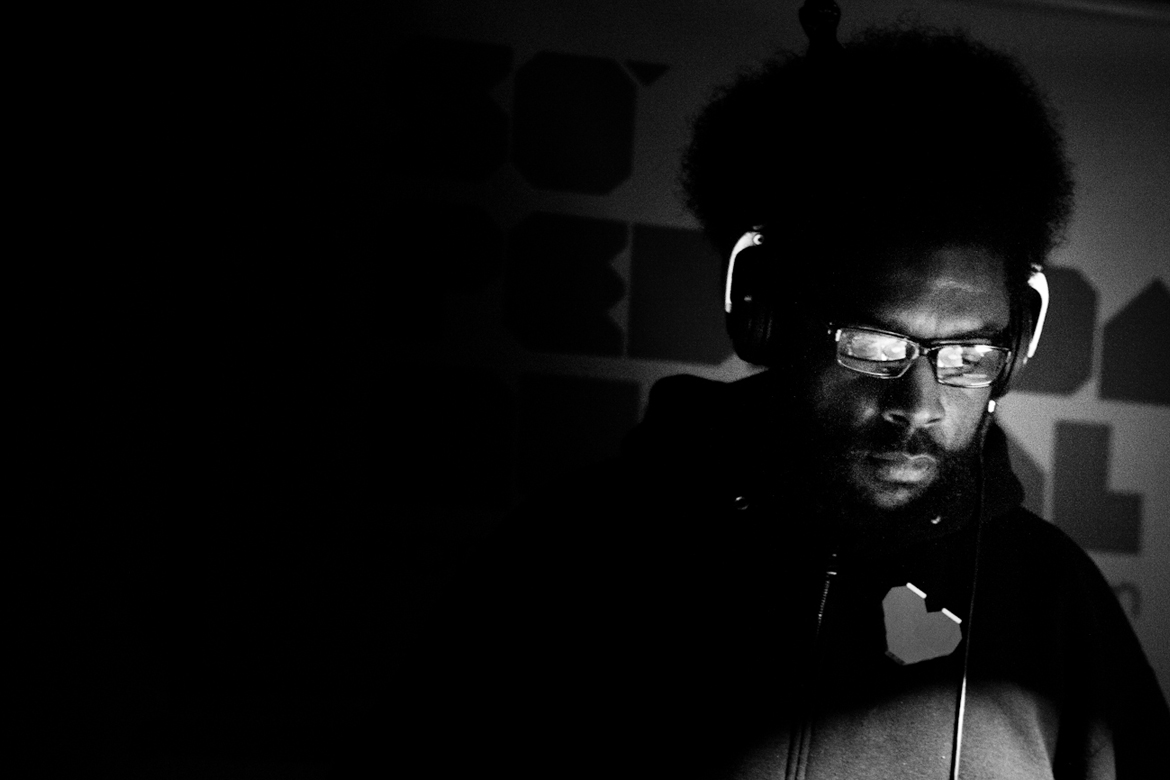
Back in college, I regularly engaged in heated debates with friends about hip hop’s G.O.A.T. I was all in on The Roots being the greatest hip hop group of all time. Listen to “Dynamite!” on their highly acclaimed album Things Fall Apart and you will realize why they got a “doctorate in cold-rockin it.” They are the only hip hop group that could serve as the band for Jimmy Fallon’s Tonight Show and be the featured act at the BET Awards while maintaining their street cred.
The Roots had and still have creative energy that far exceeds their peers. There is just no comparison.
First, they are a full-fledged jazz band led by Amir “Questlove” Thompson, a musical savant drummer with one of the “illest” afros you have ever seen. Second, Tariq “Black Thought” Trotter is a Mensa-level lyrical genius. The only evidence I need to support that claim is his legendary and otherworldly 10-minute freestyle that you should immediately watch on Youtube.
Yes. Right now. I will wait for you to listen to Black Thought. It’s a life-altering performance.
IKR? How amazing was that?

Questlove in Sao Paolo by maissoma on Flickr
In his book, Creative Quest, Questlove reveals that one of the secrets to The Roots’ ability to find new creative inspirations and maintain their creative energy is the group’s willingness to explore new genres of music and delve into unrelated activities that deny them access to their expertise.
Pursuing ideas outside of one's artistic and ideological comfort zone is a strategy that Questlove identifies as “the departure.” It is an intentional denial of the familiar. These inspirational excursions into the strange and the unknown can radically transform how we think about challenges and who we consider problem-solving partners.
Steven Johnson’s captivating work, How We Got to Now: Six Innovations That Made the Modern World, offers ample support for Questlove’s suggestion that we must leave the familiar if we want to discover the extraordinary. Johnson discusses six innovations that laid the groundwork for many of the modern transportation, food, and information systems that we take for granted.
Johnson finds that staying within the boundaries of our discipline locks us into incremental reforms that produce results that are far more aligned with the status quo than breakthrough innovation. When we exclusively operate from within cloistered work units, the blinders of established norms, efficiencies, and best practices can prohibit us from seeing the bigger ideas and impactful connections.
Johnson argues that departures from the familiar perspectives that dominate our disciplines, knowledge domains, or working arrangements are a prerequisite for innovation. He concludes that the “intercrossing” of different fields was the primary contributor to history’s most transformative innovations.
The concept of departures may concern some. They may fear that it is an appeal to people to abandon the communities and cultural norms that have allowed them to thrive, or at a minimum, survive in some culturally toxic environments. However, Questlove is spot-on when he declares that a departure “is as much about the place you’re leaving as the place you’re going.”
We are not suggesting a permanent relocation without a return ticket to get back home. A departure does not require abandoning your current sense of self or your supportive relationships to accrue the creative benefits of crossing into another field or frame of reference. It just asks for you to temporally traffic in the unfamiliar and see it as a legitimate way of existing. Your cultural and ideological home can and should continue to anchor you as you engage the rest of the world and explore new domains of knowledge.
The Social+Justice Innovation Institute (S+JII) cultivates welcoming learning environments that are foundationally grounded in an understanding that our most creative ideas are produced when a diverse collection of people create a shared space for deliberating ideas. We understand that people working outside traditional multicultural affairs offices can serve as wellsprings for innovative solutions to social injustice.
Additionally, we know that the spaces where the work focuses on making our campuses more diverse, inclusive, and equitable can birth innovative solutions to problems that reside outside those areas.
Breaking through organizational silos and developing spaces for an exchange of diverse ideas provides the tools needed to produce innovative responses to the numerous challenges confronted at work and in our local communities.
Ed Lee III, EdD
Curriculum Director & Lead Facilitator
Social+Justice Innovation Institute
References
Johnson, S. (2015). How We Got to Now: Six Innovations That Made the Modern World. New York, NY: Riverhead Books.
Questlove. (2018). Creative Quest. New York, NY: Ecco Press.